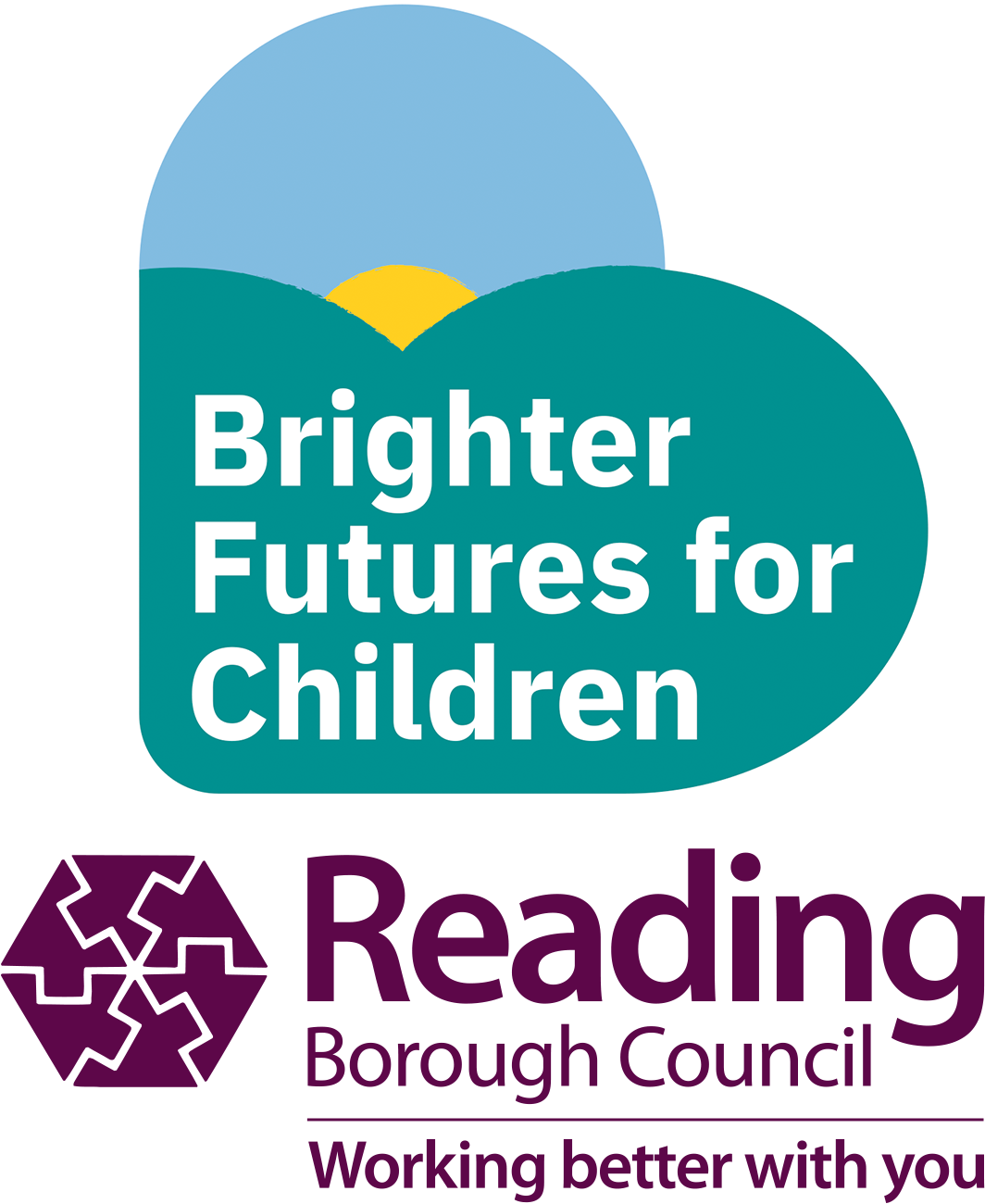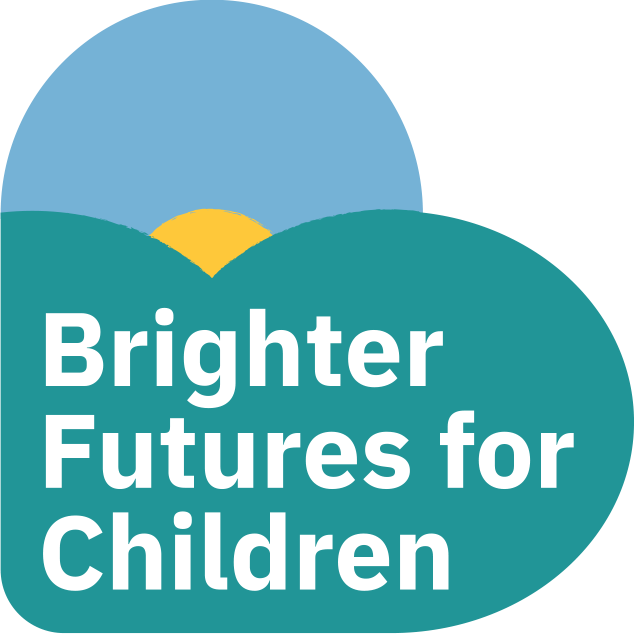- Home
- For parents and carers
- Early help
We work with parents, children, young people and alongside our partners in the wider early help community.
What is early help?
Early help, also known as early intervention, provides the right support to families, at the right time, to achieve change that lasts. It can be provided at any stage in a child or young person’s life, from pre-birth through to teenage years.
Early help services can be delivered to parents, children or whole families, but the main focus is to improve outcomes for children and help prevent any situation from escalating, or further problems arising.
Support we offer
We will work closely with you and schools and other services to provide holistic family-centred support in order to prevent issues developing and/or escalating. We want to make sure children and young people achieve positive outcomes in their lives.
Your family will be allocated a key worker and they will work with you and other agencies, if appropriate, to assess the needs and develop a plan with clear goals, timescales and outcomes which will be reviewed regularly with you and other services supporting your family.
A key worker will also make sure that the views of children and young people are heard and included in the plan. Early help also run a number of parenting group programmes to help parents develop their skills as a parent. These are held in venues across Reading.
How to access Early Help support
Below are further details of the services and teams that offer support to you and your family. Click each heading to expand.
Supporting all families in Reading that receive a diagnosis of autism for their child/young person.
- Home visits
- Living with Autism course
- Training
- Coffee mornings
- Advice to families & professionals
If you would like to speak to the autism advisor please call 0119 937 3380 or email autism.advisor@brighterfuturesforchildren.org
There is a lot of work going on in Reading to develop the support available for children with autism. If you’d like to learn more about the plans and delivery approach, please visit our growth approach to autism page.
The EPS provides support to nurseries, school and colleges to meet the needs of children and young people (0–25 years old) with additional special educational needs and/or emotional or mental health needs. They work mainly in schools and provide advice via consultations with school staff and parents; carry out assessments and observations of children and young people and undertake direct therapeutic interventions with individuals and groups. Educational psychologists also provide whole school support and training to settings on a range of learning and mental well-being issues.
The EPS provides advice to the local authority when Education, Health and Care Needs assessments are being undertaken for a child or young person.
Requests for EPS support are made by schools and settings, via their special educational needs/inclusion co-ordinators.
Education Welfare Officers work closely with schools to address school attendance issues. They support children and young people and their families to maintain and improve attendance in school and work with other colleagues to address any issues impacting on education, signposting to other relevant support.
The Education Welfare Service also manages the licensing of children in employment and entertainment and issue chaperone licences.
Family workers provide one-to-one support to families. This is often in the home or can be in a safe community setting and will include supported visits to appointments or groups. They will support families to access the right services to meet their needs – this could be improving the home environment, their children’s school attendance or their parenting skills. They will also work directly with the children.
Whether you are together, separated or divorced, the way you communicate with each other matters to your children, regardless of how old they are.
For relationship advice and support, our Family Information Service (FIS) has more information: Parents: your relationships matter
Portage is an early intervention programme that supports children within their own home, working in partnership with parents and carers.
The Reading Portage service helps families in Reading with young children (0-4 years old) who need extra help with their development. Portage support can happen at home with the family, or at a venue in a group. Families who are referred to the Portage service will receive an initial visit to determine which criteria they meet and will be offered either targeted Portage or specialist Portage.
Targeted Portage support
Families are invited to attend Portage group sessions and will receive advice and guidance from a Portage worker throughout this time.
Specialist Portage support
It starts with a full assessment of the child’s development. Then, together with parents, long-term goals are set for the child’s development with a plan for educational activities that the family can do at home. Parents get support from a Portage worker during home visits and in-between visits. These visits include three key elements of structured teaching, child-led play, and helping the whole family.
Every cycle of support (10-14 weeks), the family will be reviewed to check whether they still need ongoing Portage support.
For more details you can read through our Reading Portage Service Guide.
Or you can contact Jessica Kenward on 01189 372 089 or 07773 197 126.
Professionals can refer (with parental consent) through the Children’s Single Point of Access.
You can also find more details about Portage via the Family Information Service.
The PMHW Service is a stepped-care service, based on the THRIVE Model, for children and young people aged 5–18 years old who need support with concerns around their emotional health. This can include but is not limited to: self-harm, low mood, anxiety and non-complex trauma. PMHWs also work within schools in Reading to provide consultation, mentoring and coaching to school staff concerning the emotional health of children and young people.
This is a unique and valued service providing one to one massage therapy sessions to children and young people in Reading settings, training to staff, and support to staff, parents and carers around sensory integration.
Sessions are purchased directly by schools and referrals are usually made by the school’s SENCo/Inclusion Lead. Children and young people do not need a diagnosis or EHC Plan to receive massage therapy.
For more information please visit our service page here or contact our massage and sensory therapist, Sophie Webster, on 07814 622986 or Sophie.Webster@brighterfuturesforchildren.org.
They provide one-to-one support to young people aged 13–18 years old who are at risk of teenage pregnancy, exploitation, have drug and alcohol misuse issues or are young parents.
Provide one to one support to young people aged 13–18 years old who are at risk of not achieving their full potential due to a range of issues and risk factors which may include lack of engagement in education, employment or training, poor emotional health, involvement in crime or anti-social behaviour, at risk of exploitation etc.
Targeted youth support workers also offer some youth groups to targeted groups of young people. These include:
- Young carers
- Young people who are lesbian, gay, bisexual, transgendered or questioning their sexuality
- Young parents.
What families have said about us

G Family
“If it wasn’t for you listening to us and seeing for yourself, we would never have got the help at last. It was you who asked for xx to come and see us and we as a family are so grateful to you and xx for listening to us and helping us.”
Mother of two children
“I called the CAT team (Children Action Team) when I was at the end of my tether with my children’s behaviour. It was a last ditch attempt and I didn’t hold out much hope of my children engaging in the process as they are extremely resistant to help, believing, as they do, that no help was needed. A initially won her over with his calm, friendly approach and she found that she really liked him, as did my son. When I heard that A was moving on, I was very disappointed and thought that the process would fall apart for sure, but B came along and managed to inspire and help my children.
For me, I found they were both helpful and really listened before offering advice. They both understood the trials and tribulations, didn’t judge me and just got on with giving sage advice.”


Mother of C
“C has learnt how to keep herself safe on and offline, she has learned how to feel confident about herself, and has built her self-esteem up to say no if she feels it’s not right, also to ask for help when she needs it, C has changed in a good way working with Y she has become helpful and very respectful, and we are all very thankful for her hard work and felt if C hadn’t had her sessions with Y she would have got into situations she wouldn’t know how to get out off, Y has helped me by kicking me up the backside and giving me advice on how to move forward as a family for example with housing, Y has made a massive impact on all our lives and changed it for the better, there isn’t any words that could thank enough.”
Head of Year, Secondary School
“Since working with N, I have found her one of the best support workers I have worked with. She is quick to pick up on issues and can see further than what is sometimes presented. She is both intuitive and perceptive. She is always polite, positive and friendly when dealing with families but will not shy away from saying what she must, however difficult, even if it not necessarily well received. I have found her organised and thorough, always doing what she says she will do. She listens to other professionals and talks over plans to move things forward.
N is both realistic and practical, which alongside her natural positivity makes it easy for families and professionals to work with her.”





